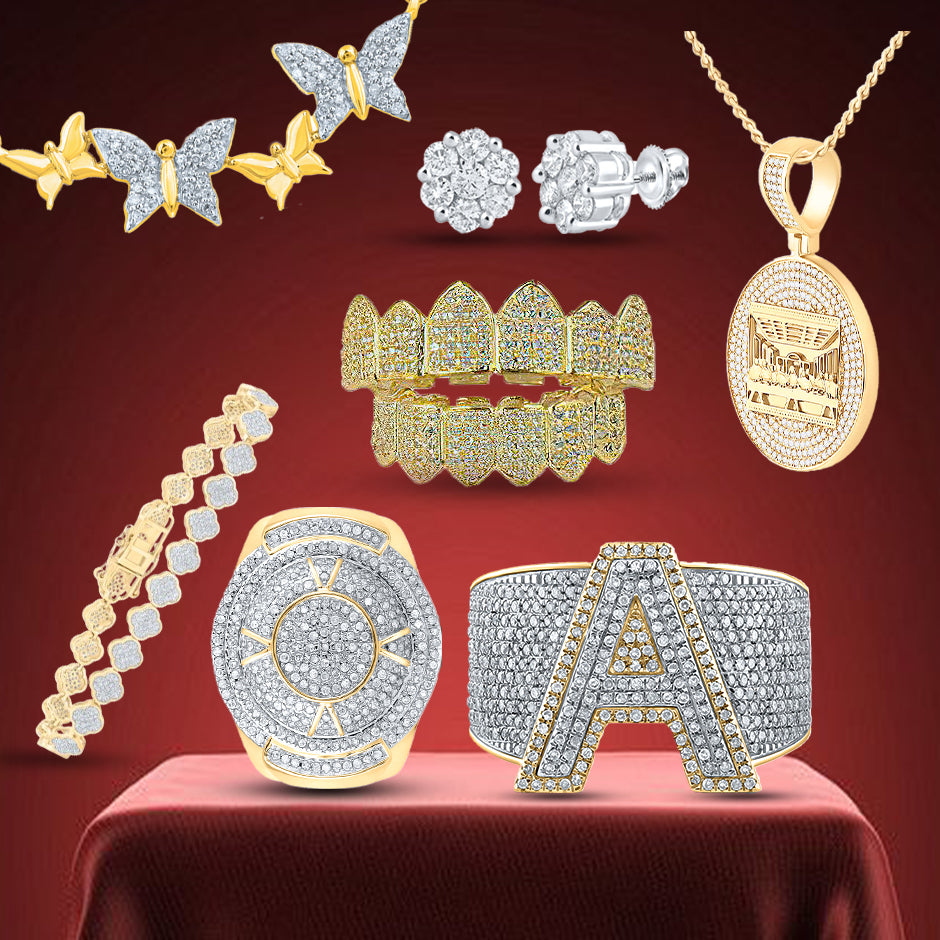A Comrehensive Guide to Types of Luxury Watches:
Introduction:
The world of luxury watches is really the perfect blend of art, engineering, and history. If you are a seasoned collector or a new enthusiast looking to learn more about this world, realizing the different types of luxury watches is everything when it comes to appreciation for value and craftsmanship. It will explain in detail the three primary types of luxury watches: mechanical, automatic, and quartz, such as key features and advantages, and what really sets them apart in the horological world.
Mechanical Watches:
The Art of Manual Winding:
Among many other things, mechanical watches are considered to be the epitome of traditional watchmaking art. They get their power from a mainspring, which is usually wound by hand every 24 to 48 hours. Due to the fact that manual winding couples a wearer to the watch, this process creates a ritual that many watch enthusiasts truly appreciate.
Craftsmanship and Complexity:
What really makes mechanical watches intricate is how so many small gears, springs, and other parts integrate into creating an exact time-keeping device. Many mechanical watches reveal the skill that went into making them through the use of an exhibition case back that gives the wearer an appreciation of the minute details regarding the inner workings of a movement.
Advantages of Mechanical Watches:
Long life: A mechanical watch that is well taken care of and serviced will last for generations and often serve as family heirloom possessions.
Aesthetic Appeal: It is the minute craftsmanship and traditional ways of making mechanical watches which give it a timeless appeal.
No Battery Required: A mechanical watch doesn't need to have its battery replaced because it runs on a mainspring that is physically wound.
Automatic Watches:
The Ease of Self-Winding:
The next one is the so-called automatic or self-winding watch. Their mechanism follows the principle of mechanical watches, but with a single difference: it obtains power from the movement of the wrist of the person who wears it, which winds up the mainspring. This happens with a rotor oscillating to and fro with motion and hence winding up the watch automatically.
Perfect for Daily Wear:
Ideal for daily wear.What makes this watch very convenient to be worn every day is the self-winding mechanism. As long as a person frequently wears their watch, it will maintain perfect time without manually winding it.
Advantages of Automatic Watches:
Easy to Wear: It winds itself automatically and keeps the time with normal usage.
Workmanship: Just like any mechanical watch, an automatic watch reveals outstanding workmanship and engineering.
Long-Lasting: Automatic watches are built for generations; many become heirlooms.
Quartz Watches:
Precision and Affordability:
Quartz watches changed the course of the watchmaking industry when they were first introduced in the 1960s. Driven by a battery and controlled by a quartz crystal, these watches are more accurate than other types of watches, with nearly zero maintenance required.
How Quartz Watches Work:
A quartz crystal oscillates when an electric current from the battery is applied, which ultimately powers a motor to drive the watch hands with incredible precision, hence an accuracy of timekeeping unmatched by mechanical and automatic watches.
Advantages of Quartz Watches:
Accuracy: Quartz watches are incredibly accurate. They often lose only a couple of seconds a month.
Affordability: They are mostly less expensive than mechanical and automatic timekeepers because of their simpler construction.
Low maintenance: The life of the battery in a quartz watch is normally one to two years, and the movements are generally easier to service.
Choosing the Right Watch for You:
When selecting a luxury watch, consider the following factors to determine which type best suits your lifestyle and preferences:
1. Purpose: Do you want to wear one every day, collect, or simply have that statement piece for special occasions?
2. Maintenance: Consider the kind of maintenance you can do or will do. While mechanical and automatic watches require periodic servicing, quartz watches don't require much maintenance.
3. Aesthetic and Heritage: If you like the history and aesthetics of watchmaking, a mechanical or an automatic watch will make more sense. Otherwise, if precision and hassle-free usage is what you want, then a quartz watch is a no-brainer.
Conclusion:
Mechanical, Automatic, and Quartz—different as they are—come together in luxury watches to make for a fine amalgam of art, engineering, and history. Each of these types comes with its very own characteristics and advantages that address different tastes and requirements. Knowing the differences will, therefore, give you a clear decision on which time-keeper to choose—a time-keeper that will not only show time but will reflect your personal style and appreciation for fine work. From the complexity of mechanics of a manual watch to the convenience of an automatic and the precision of a quartz, a whole world of luxury watches awaits to be discovered.




